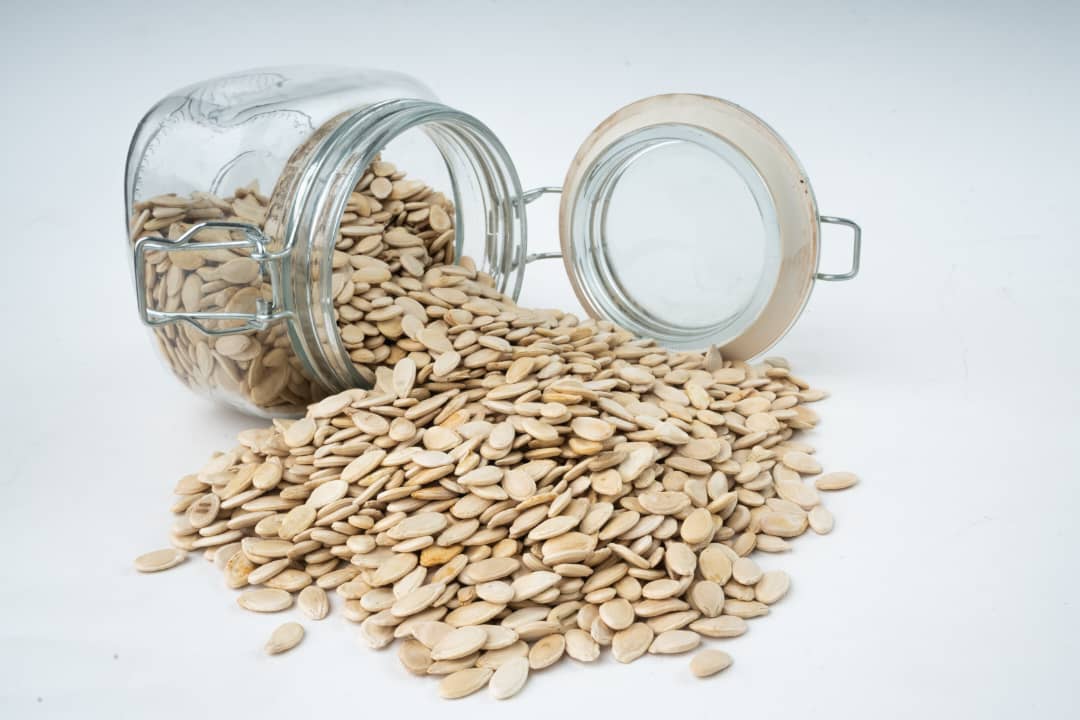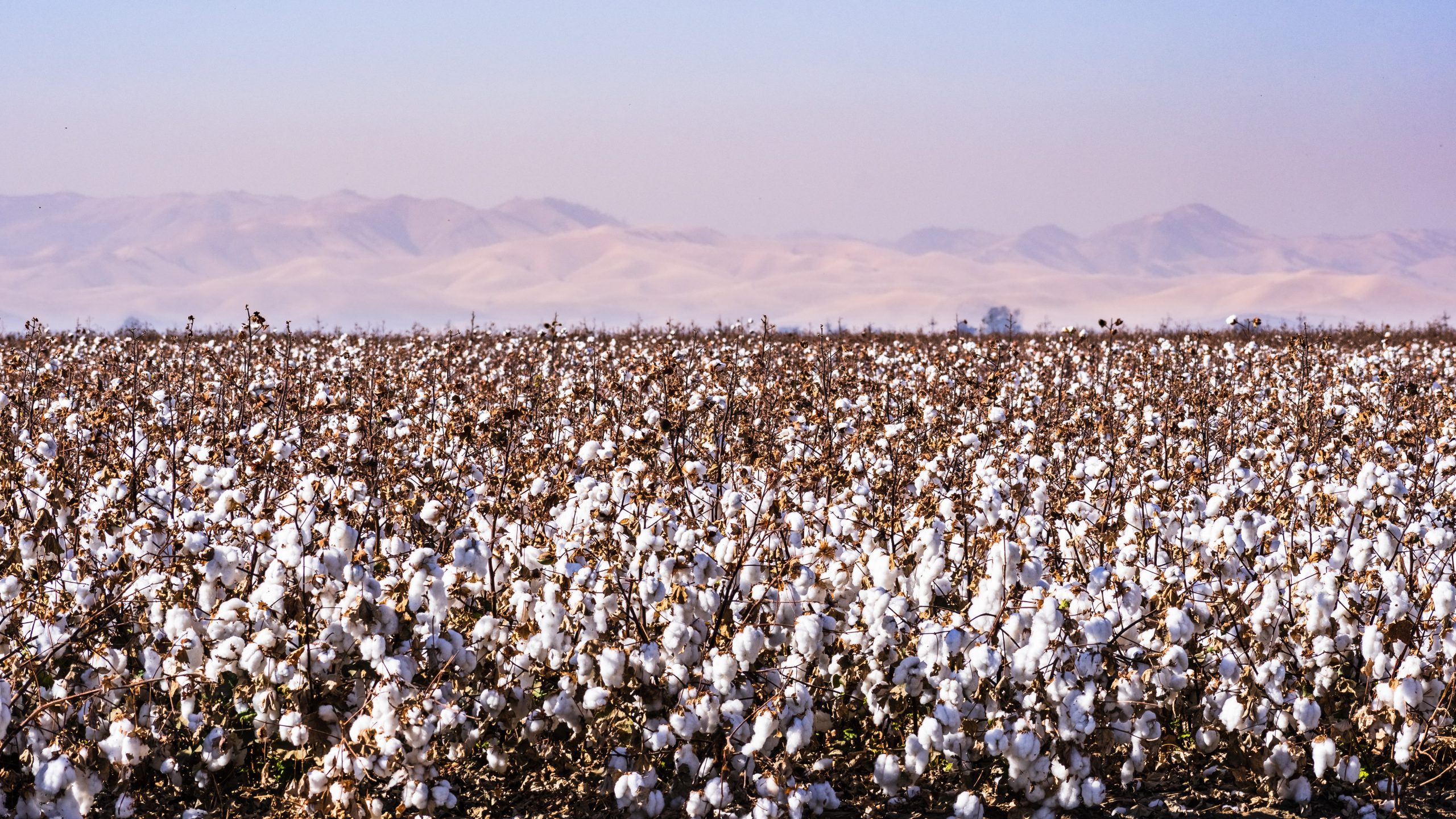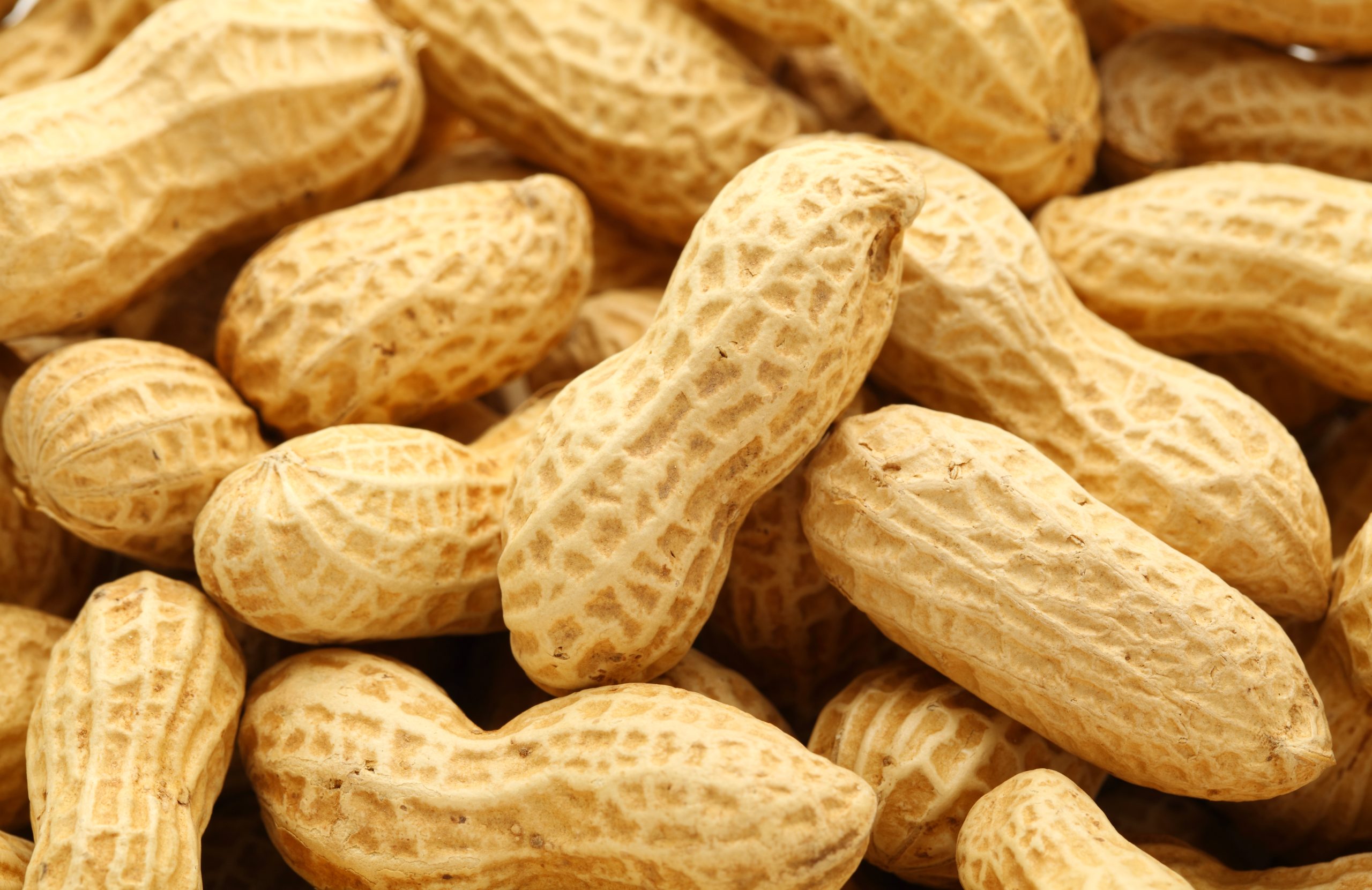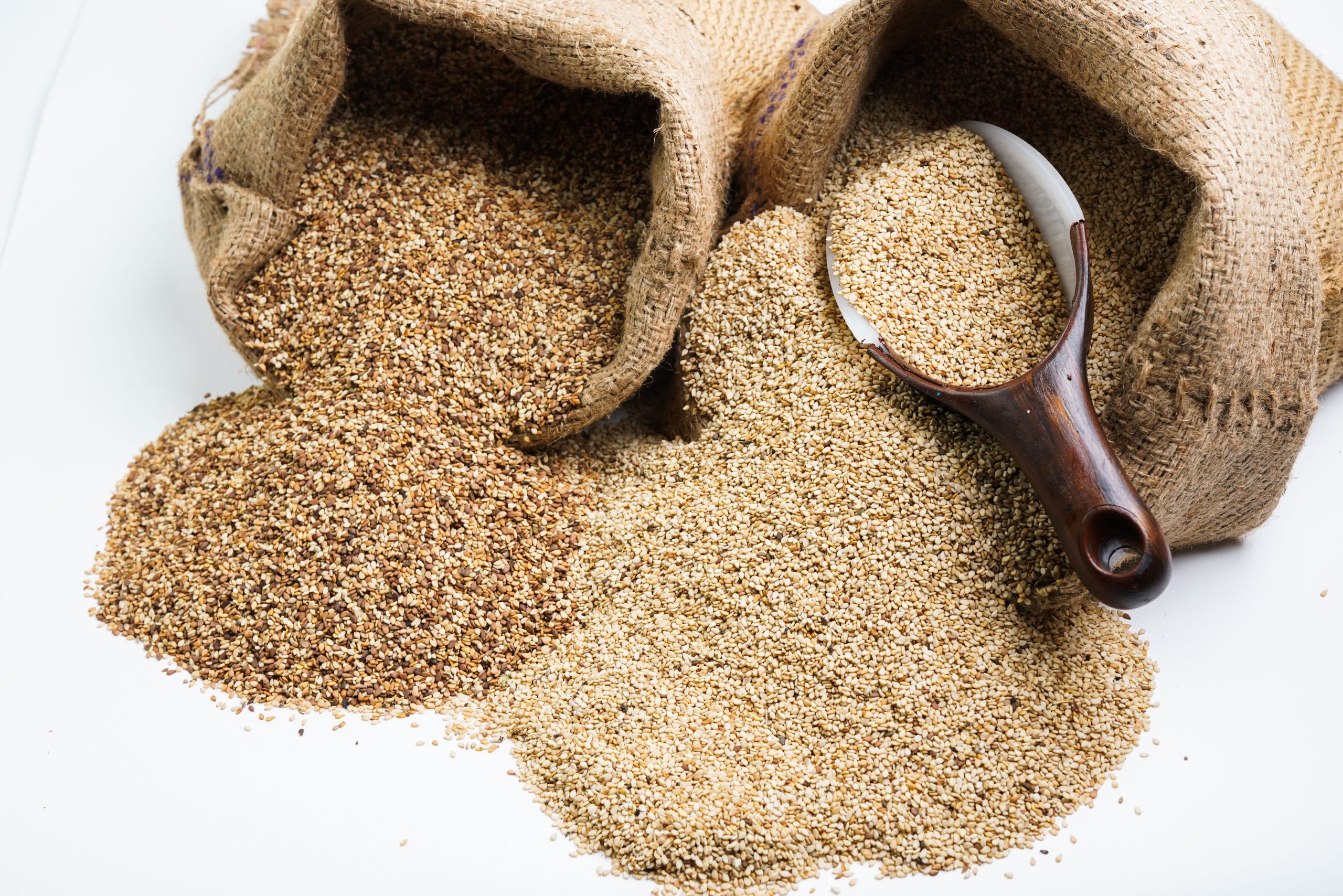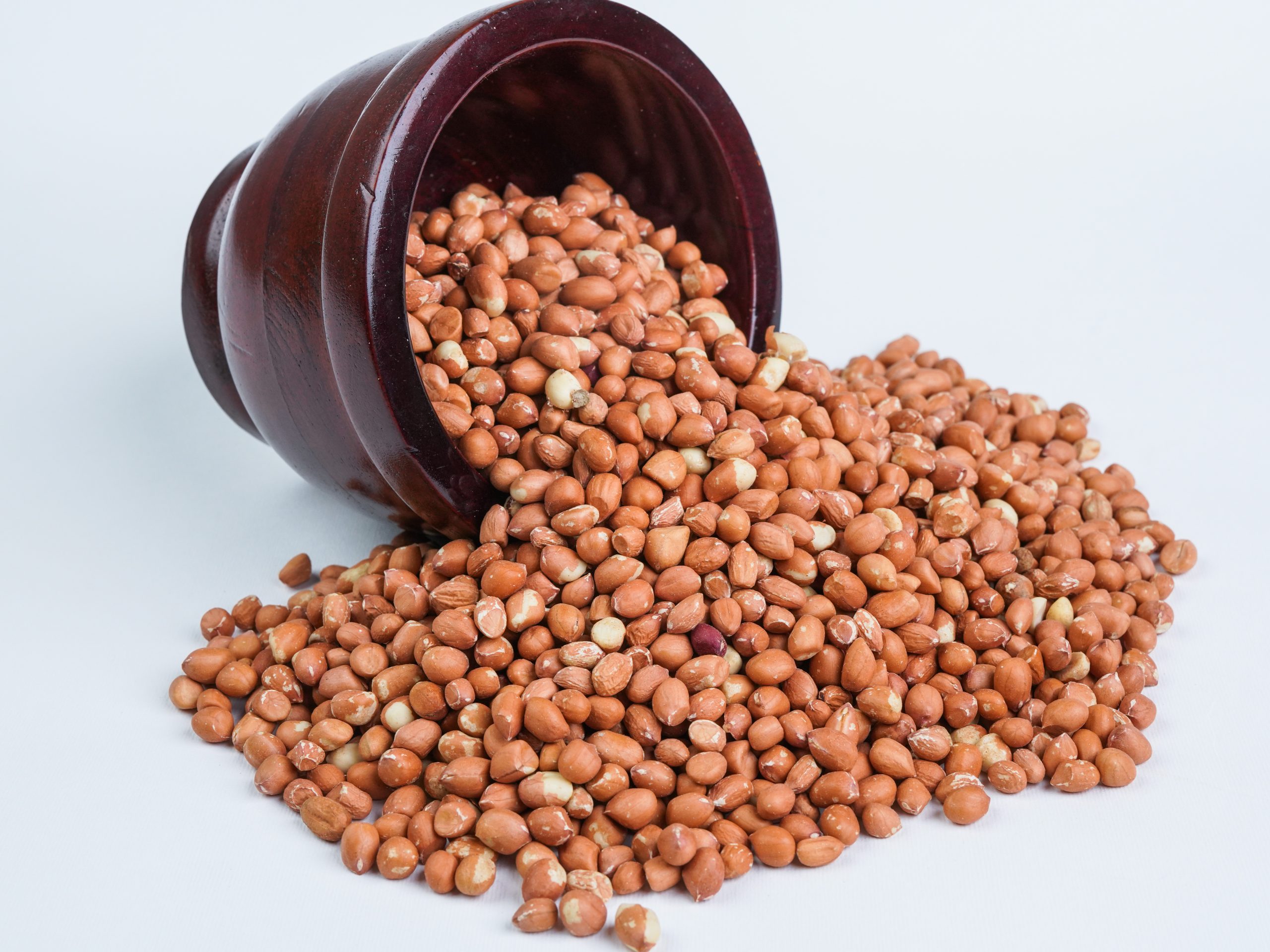Watermelon Seeds
Product Description
Details:
White Pumpkin seeds offer not only a delightful taste but also a wealth of minerals. These include manganese, which supports fat metabolism, magnesium, essential for blood pressure regulation, phosphorous, crucial for bone formation, and iron, necessary for red blood cell production. Pumpkin seed kernels are also a valuable source of ALA (alpha-linolenic acid), which the body converts into EPA and DHA. These omega-3 fatty acids play a vital role in brain health, reducing the risk of strokes and diabetes. Additionally, the protein and fiber content in pumpkin seeds promotes a sense of satiety, preventing excessive calorie intake during meals. The fiber content further aids in digestive health by facilitating smooth movement of food through the digestive system. Remarkably, a 100-gram serving of pumpkin seeds provides a staggering 237% of the recommended daily intake of vitamin E. This essential nutrient acts as a potent antioxidant, safeguarding cells against damage caused by free radicals.
Usage:
Pumpkin seeds are widely recognized as a traditional remedy in numerous cultures.
Pumpkin seeds are renowned for their numerous advantages and are considered one of the top 8 beneficial foods globally.
Furthermore, they are not only a highly nutritious option but also a visually appealing and affordable snack that can be easily obtained.
Production:
Pumpkins cultivated in organized rows are gathered using a specialized combine harvester designed specifically for collecting pumpkin seeds. Once the seeds have been harvested, the pumpkins undergo a thorough washing and drying process. The most commonly employed technique for drying pumpkin seeds involves utilizing the drying floor of chamber dryers equipped with an agitator that periodically stirs the processing materials. Following the drying phase, any impurities present in the seeds are eliminated within a dry cleaning and polishing machine, preparing them for further oil production or for direct consumption as a finished product. In the case of hot-pressed oil production technology, the exposed seeds must be finely ground and combined with salt. The resulting homogeneous mixture is then subjected to additional thermal processing within tanks to facilitate the extraction of oil. Subsequently, a pressing procedure is carried out to separate the oil from the press cake, which can be further utilized for various food and feed purposes.


